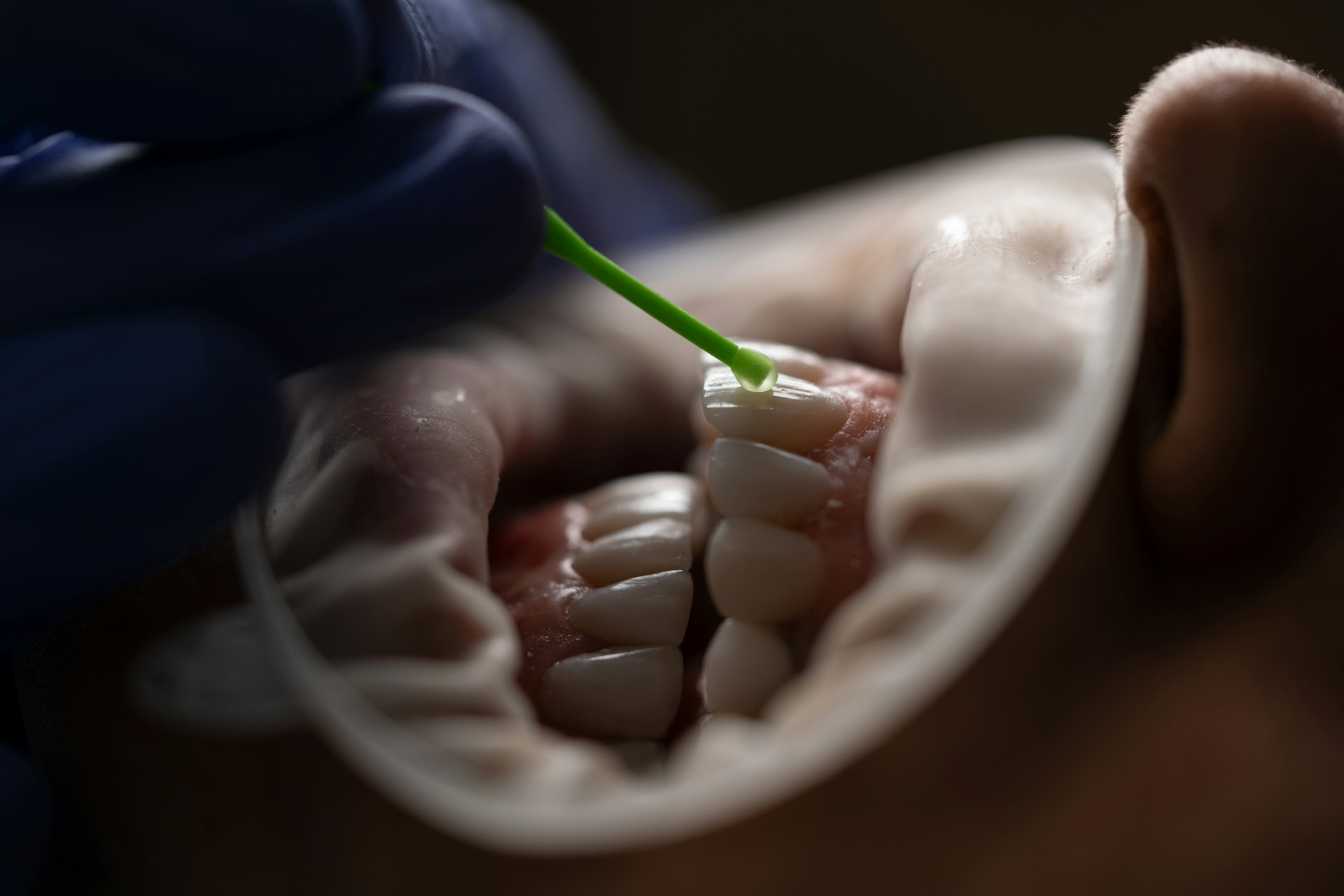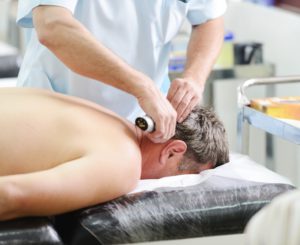A cracked or chipped tooth can be both an aesthetic and functional concern. Whether caused by an accident, a hidden habit, or natural wear and tear, tooth damage is common and can happen to anyone. Fortunately, understanding the root causes of tooth damage can help you take preventive measures to protect your smile. Let’s explore the most common reasons why teeth crack or chip, and how you can avoid it.
1. Accidents and Trauma
The most obvious cause of a cracked or chipped tooth is physical trauma. A sudden blow to the face, a fall, or an accident can easily lead to tooth damage. For example, athletes participating in contact sports such as football, basketball, or soccer are particularly at risk, especially if they aren’t wearing mouthguards. Even minor accidents—like slipping on ice or biting into something too hard—can result in tooth fractures.
While the impact of trauma often results in visible tooth damage, it can also cause fractures below the surface that may be less obvious at first. Immediate dental care is essential after a traumatic injury to prevent further complications such as infection or more extensive damage.
2. Chewing Hard Objects
We all have moments when we chew something hard, but some people tend to chew on hard, non-food items like pens, pencils, ice, or even fingernails. While these habits may seem harmless, they can severely damage your teeth. Chewing on ice cubes, for instance, can crack the enamel, the protective outer layer of your teeth, and lead to chips or fractures.
Biting into tough foods like nuts, hard candies, or popcorn kernels can also cause the enamel to break. The impact can force your tooth to absorb stress it’s not designed to handle, leading to cracks or chips, especially if the tooth is already weakened by cavities or decay.
3. Teeth Grinding and Jaw Clenching (Bruxism)
Bruxism, the medical term for grinding teeth or clenching your jaw, is a common cause of cracked and chipped teeth. Many people grind their teeth in their sleep or unconsciously during the day when they’re stressed or anxious. This constant pressure on the teeth wears down the enamel and can lead to small cracks, chips, or even more severe fractures over time.
If left untreated, bruxism can cause a range of dental problems, including tooth sensitivity, headaches, and jaw pain. People who grind their teeth may also notice their teeth appearing flattened or worn down.
4. Tooth Decay
Tooth decay is one of the leading causes of cracked and chipped teeth. When cavities are left untreated, they weaken the structure of the tooth, making it more prone to fractures. A decayed tooth may crack under the pressure of biting or chewing. Additionally, as the cavity progresses, the tooth becomes more fragile and can break even without any trauma.
Regular dental checkups can help detect and treat cavities before they cause significant damage. It’s also crucial to practice good oral hygiene, including brushing and flossing, to prevent tooth decay in the first place.
5. Age and Wear and Tear
As we age, our teeth naturally experience wear and tear. Years of chewing, biting, and grinding gradually wear down the enamel and can cause teeth to become brittle. Over time, the aging process can make your teeth more susceptible to cracking or chipping.
The aging process can also result in gum recession, exposing more of the tooth’s surface to wear. The older we get, the more likely we are to experience dental issues related to tooth damage, including cracked and chipped teeth.
6. Large Fillings or Restorations
If you have large fillings, crowns, or other dental restorations, your teeth may be more vulnerable to damage. This is because large restorations can weaken the structure of the tooth, making it more susceptible to fractures. For example, if a tooth has a large filling and a significant amount of natural tooth structure has been removed, the tooth may lack the strength to withstand normal pressure.
Similarly, teeth that have undergone root canal treatments are more brittle because they have been hollowed out to remove the infected tissue. Without the pulp, these teeth are more prone to cracking or chipping under pressure.
7. Acid Erosion
Acidic foods and drinks, such as citrus fruits, soda, and wine, can erode the enamel over time, making teeth more susceptible to cracks and chips. Acidic foods weaken the enamel’s structure, and when combined with habits like grinding or biting hard objects, the risk of damage increases.
Maintaining a balanced diet and limiting your intake of acidic foods and beverages can help preserve your enamel. Drinking plenty of water after consuming acidic foods can also help neutralize the acids and protect your teeth.
8. Temperature Sensitivity
Extreme temperature changes—such as consuming very hot or cold foods and beverages—can cause the teeth to expand and contract rapidly. Over time, this constant cycle of temperature fluctuations can weaken the tooth structure and cause cracks. For example, if you drink a cold beverage right after eating something hot, the sudden temperature change may stress the enamel and lead to microfractures.
How to Prevent Chipped and Cracked Teeth
To reduce the risk of tooth damage, consider these preventive measures:
- Wear a Mouthguard: If you play contact sports or grind your teeth at night, a custom-fitted mouthguard can protect your teeth from impact and grinding damage.
- Avoid Hard Foods: Be mindful of chewing on hard objects or tough foods that could crack or chip your teeth.
- Treat Bruxism: If you suffer from teeth grinding, talk to your dentist about solutions like a nightguard or stress management techniques.
- Practice Good Oral Hygiene: Regular brushing, flossing, and dental checkups will help prevent tooth decay and maintain the strength of your teeth.
- Limit Acidic Foods: Reduce your consumption of acidic foods and drinks to preserve the enamel on your teeth.
In Conclusion
Cracked and chipped teeth can result from a variety of factors, ranging from accidental trauma to everyday habits. While certain causes, such as accidents, are beyond your control, many instances of tooth damage can be prevented with the right care and attention. By recognizing the factors that contribute to tooth issues, you can take proactive measures to maintain a healthy, beautiful smile for years. If you do experience a chipped or cracked tooth, it’s essential to visit your dentist right away to prevent further damage. Dental bonding for chipped teeth in Hillsborough, NJ, offers an effective solution to restore your tooth’s appearance and function.





Be First to Comment